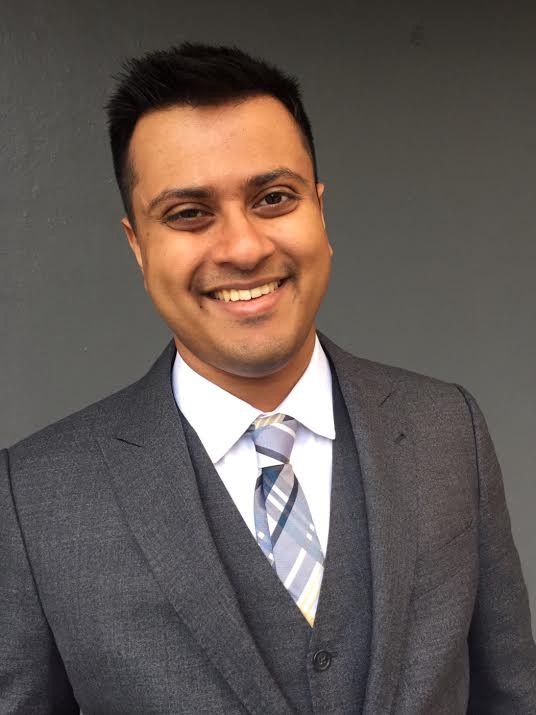Many CEOs talk about it openly, wearing it as a badge of honor — they operate at maximum performance on a minimal amount of sleep. Yahoo! CEO Marissa Mayer claims four hours is all she needs. Martha Stewart and President-elect Donald Trump have publicly said they get about the same. Fashion designer Tom Ford even less — he reportedly hits the pillow just three hours a night. I used to share their sleepless ideology. I thought the long nights and longer days with just four hours of rest worked for me, until it didn’t.
As the CEO and co-founder of Mass Innovation Labs, I am surrounded by some of the finest scientists in the world, conducting cutting-edge research that has the potential to change the future of medicine. I believe in what they do because I believe in research and science. And when it comes to sleep, the science is clear — not enough of it can have immediate and lasting impacts on your health, and none of them are good. Weight gain, lack of attention, high blood pressure and increased risk for heart disease and stroke — just some of the outcomes science tells us can happen when a person doesn’t get enough sleep. But we all do things we know aren’t good for us, and many business and political luminaries equate less sleep with more success. After living for years as a sleep-deprived CEO, I am now a believer that rest is a requirement to be truly successful.
In my twenties I was the typical, hard-charging CEO. I worked nearly every waking hour, and found more time in my day by compromising on sleep. Several all nighters in a week weren’t uncommon, and I was getting on average about four hours of sleep a night. At the time, it seemed like I didn’t have a choice. There was so much in front of me to be done — who else was going to do it? And let’s be honest — the adrenaline rush of a hyper-productive all-nighter is a pretty powerful feeling. Some of my best work happens when the rest of the world is in bed.
In my drive to be successful, things that seemed like a waste of time were swept to the wayside, and getting proper sleep was among them. Four hours a night was my norm for several years. Over time, just getting out of bed became a battle, but somehow I managed to get by. Until I couldn’t. A couple of years ago, I got sick. Really sick. The kind of sick that sidelined me for a solid week. I was exhausted in a way I had never felt before. One could make the case that it was my body saying “enough.” For the first time in years, I stayed home and slept.
During that week, I got around seven to eight hours of sleep a night, something I hadn’t done in a very long time. Once I was back on my feet, I tried something different — I stayed with that pattern, and soon started to see the real impact of what I had been doing to myself all those years. I found myself naturally tired around 10 p.m., and instead of fighting it I listened to what my body was telling me. I would wake up after about seven hours feeling refreshed, and didn’t have to dread that miserable feeling of dragging myself out of bed after just three to four hours of sleep.
Sure I felt great getting enough rest like a normal human being, but it’s the impact I saw on my work that changed the way I look at sleep. I was clearer, more focused and ultimately more productive by trading ‘burning the candle at both ends’ in exchange for more time with my eyes closed. And while getting proper rest alleviated threats to my health, I also started seeing the cost of too little sleep to my business — lower productivity and faster burn out — two things a CEO can’t afford. Four hours a night is simply unsustainable, and while a few claim it works for them, science tells us it really doesn’t.
Budgeting time for sleep has another benefit that I didn’t expect — once you get used to it, it forces you to plan better. Now, I take a step back and ask, “Why am I doing all of these functions, not delegating, and allowing myself to focus on concentrating on what I need to as a CEO?” I work at an organization where there are people I have on my team for tasks that I don’t need to take on. That’s helped me move away from the overwhelming ‘everything is on fire’ mentality. Making time for sleep is part of me being a healthier, more productive CEO.
Are there still four hour nights? The occasional all-nighter? Of course, but those are now outliers. I’ve come to realize that sleep deprivation isn’t normal, no matter how much I used to claim it with pride as the CEO’s burden, and it can’t be my norm to be an effective leader. My health, and the health of my company, are far better with a good night’s sleep.
Originally published at medium.com


